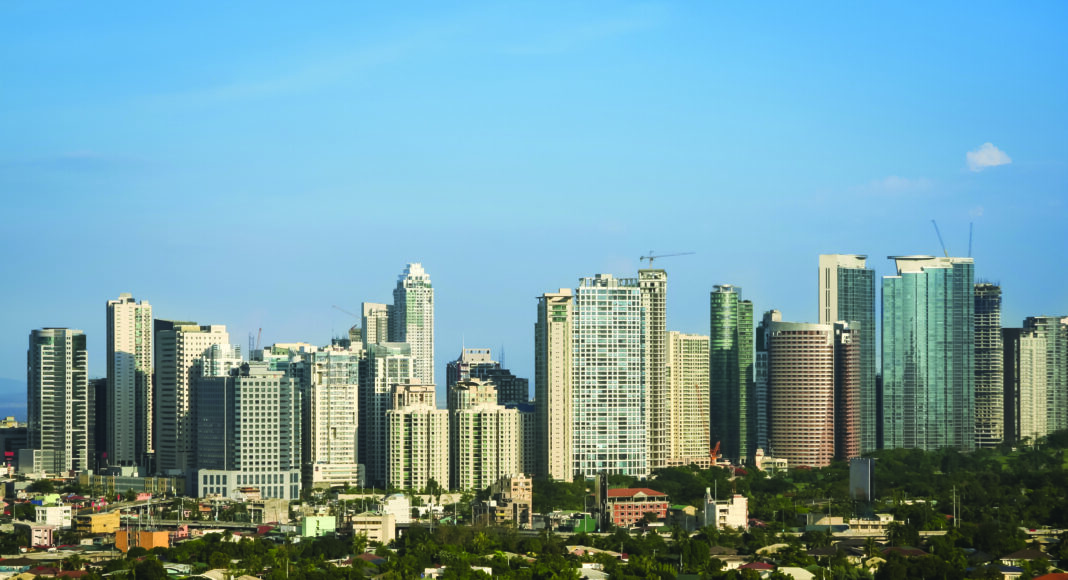Philippine Offshore Gaming Operators (POGOs) have won a reprieve from a punishing franchise tax, which may reduce departures from the country, but uncertainty over business conditions remains high, industry insiders say.
The Supreme Court earlier this month ruled 13-1 in favor of 14 petitioners from the industry who argued that the provisions of the tax are “patent violations of substantive due process and equal protection of the law and are oppressive and offensive not only to the petitioners, but also to other foreign corporations who are subject to their provisions.”
Those filing the petition included Oriental Game, Golden Dragon Empire, Riesling Capital and 11 others, as reported by Rappler.
The court put a temporary restraining order on the collection of the taxes, which the Bureau of Internal Revenue has acknowledged and said it will respect.
The 5 percent franchise tax, imposed on gross bets, was the final nail in the coffin for many POGO operators already struggling due to Covid-19-mandated closures. The government had been seeking to double revenue from the sector to pay for recovery efforts from the pandemic.
Only 35 POGOs have resumed operations, out of 61 prior to the crisis.
While welcoming the Supreme Court decision, industry participants pointed out that the stay is at present only “temporary” and business conditions remain highly uncertain.
“ They have also come to a realization that the 5 percent turnover tax is a suicidal move”
It may encourage those who have not already left to rethink their plans, but won’t be enough to encourage any to return.
“I believe the Philippines government is trying to stop the bleed or exodus of the POGO operators leaving the country,” said Danny Too, general manager of Cherry Interactive. “They have also come to a realization that the 5 percent turnover tax is a suicidal move, akin to killing the golden goose.”
“I personally think that it is a little bit too late as many Chinese operators have shifted their focuses to different locations / countries and thus, it would not be easy to salvage the situation efficiently.”
The main concern for the industry is that the tax was imposed on gross bets, rather than revenue, which makes it almost impossible to turn a profit.
The government had been hoping the measure would yield an extra P17.5 billion for the coffers.
Despite the exodus of POGO operators from the Philippines, Andrea Domingo, chair of the Philippine Amusement and Gaming Corp. (PAGCOR) claims the sector is recovering well.
In a recent interview with Asia Gaming Brief, she estimated that by the end of 2020, PAGCOR would have made P33-34 billion pesos ($685.4 million – ($706 million) despite being only open for four or five months and by the second quarter of 2021 would be doing as well as 2019.
Bromhead Holdings, which offers outsourcing and consulting services to the gaming industry, also said it has seen renewed signs of life in the sector.
“Whilst there undoubtedly has been an exodus of POGOs from the country recently there is still an active market and the POGO is far from finished,” said Bromhead Chief Operating Officer Mae Javaluyas. “We have fielded a number of inquiries recently from both operators and service providers either looking to come to the Philippines or re-establish existing businesses here.”
As well as direct revenue for the government, the sector was also providing significant support for other areas of the Philippine economy, accounting for a significant portion of Manila’s real estate industry.
David Leechiu, chief executive officer of Leechiu Property Consultants told local media that POGOs left 300,000 square meters of office space unoccupied last year or 20 percent of the total.
He said he expected the Supreme Court reprieve to stem the exodus, which may have meant another 200,000 to 300,000 sq.m would have been lost in the next six months.
In an attempt to rein in illegal gambling and to boost revenue, PAGCOR announced in December that it would allow locals to gamble online. Land-based casinos will be able to accept bets from VIP players only, while a unit of DFNN has also been awarded a license.
Razon leads push to bring Moderna vaccine to Philippines
Bloomberry Resorts CEO Enrique Razon is spearheading efforts to bring Moderna’s coronavirus vaccine to the Philippines, consolidating orders from the wealthy class, business organizations, and other interested parties. Razon is also chairman of International Container Terminal Services Inc and has been in talks with Moderna to bring in the vaccine, which may be delivered from May to August, the Philippine Star reports.
BoA upbeat on Westside City prospects
Bank of America/Merrill Lynch has added its voice to other recent commentary pointing to significant upside for Summit Ascent due to optimism over its projects in Russia and the Philippines. Westside City in Manila is expected to have 400 tables, 400 rooms for the casino hotel and 1,200 slot machines. In addition, Westside/Megaworld will develop a further 2,000 hotel rooms. The firm sees strong local markets and a good location to help the resort to generate GGR of HK$9.6 billion in 2024 and EBITDA of $1.9 billion. It adds this estimate may be conservative as its 37 percent less than Bloomberry Resorts’ Solaire, which is slightly smaller in scale.












